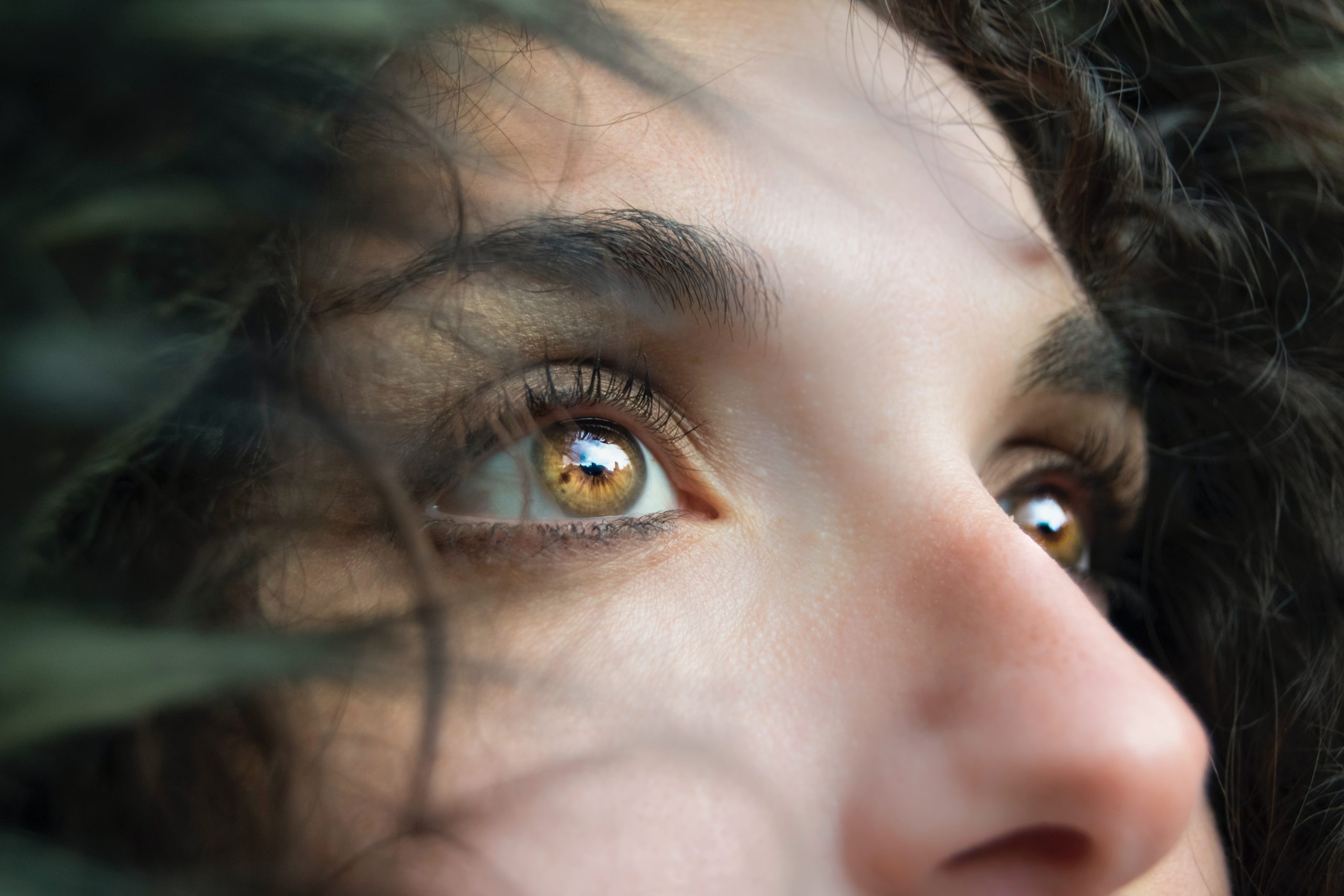
Adults spend most of their day in front of a computer monitor, so it’s only natural that they would be concerned about the effects on their vision. It is crucial to remember that long-term vision problems can lead to difficulties in daily activities and affect employment opportunities.
Fortunately, here is our handy Eyecare Guide for Adults:
Eat a Healthy, Balanced Diet
A diet rich in fruits and vegetables, whole grains, and lean proteins is the best way to support your vision health.
The American Heart Association recommends eating at least five servings of fruits and vegetables daily. This means eating a variety of colors, including dark green leafy vegetables like spinach, kale, collard greens, and turnip greens.
The recommended intake for vitamin C is 90 milligrams per day; other vitamins may also be needed.
Wearing Sunglasses When Out
Wearing sunglasses outdoors may help block UV rays from damaging your eyesight. However, wearing sunglasses during the day doesn’t necessarily mean protecting your eyes from UV damage.
UV radiation can penetrate through the lens of an eyeglass frame even on cloudy days. Wearing sunglasses outdoors is also not enough protection to prevent UV damage because it does not block all wavelengths of light (UVA and UVB).
To protect your eyes from UVA and UVB radiation, you should wear sunglasses with 100 percent UV protection (w/polarized) or wrap-around lenses that completely cover your eyes (tinted lenses).
If You Wear Contacts, Take Steps to Prevent Eye Infections
If you wear contacts, your eyes are more susceptible to bacterial infections. Many people don’t wash their hands after using the bathroom and eating or touching their contact lenses. If you do this, it’s essential to clean your contacts with a solution that kills germs. You should not share your contact case or solution with anyone else. If you have to use someone else’s solution, ensure it is fresh and hasn’t been sitting around for long periods. You can also use an eye-drop bottle with a snap-on cap to store your solution until needed.
In case you are frustrated with the hassles of contacts, consider the Implantable Contact Lens (ICL) surgery. The ICL is a plastic lens that’s inserted into your eye and can be used to correct vision problems like nearsightedness, farsightedness, or astigmatism. The ICL surgery is performed using a tiny camera-like instrument called an intraocular lens (IOL). This tool is placed in your eye and guides the surgeon to place the lens exactly where it needs to go.
Reduce Eye Fatigue
Eye fatigue occurs when we spend too much time looking at computer screens

Speak Your Mind